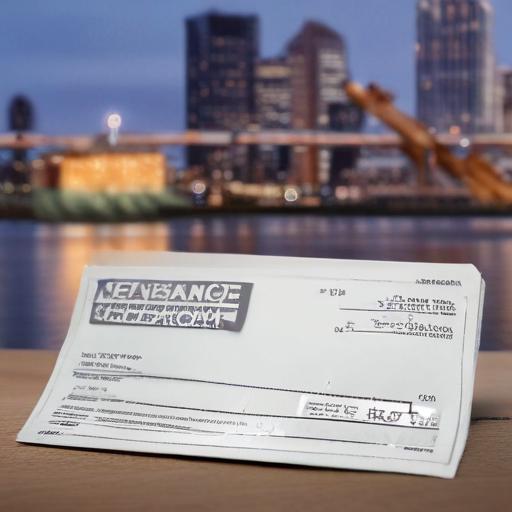President Donald Trump has proposed using the substantial revenue generated from his administration’s tariffs to potentially issue rebate checks to American taxpayers. On Tuesday, Trump expressed that the influx of tariff revenue could lead to dividends for citizens, saying, “We’re taking in so much money that we may very well make a dividend to the people of America.”
Senator Josh Hawley recently introduced the American Worker Rebate Act that would distribute at least $600 per adult and dependent child using tariff revenue. This means families could receive up to $2,400 from the government, which would provide significant relief to those struggling with rising living costs. Rebate checks, if realized, might help improve public perception regarding tariffs, which have been controversial due to their inflationary effects.
Nonetheless, economists caution that such measures could exacerbate inflation. Stephanie Roth, chief economist at Wolfe Research, noted that sending out stimulus checks might intensify price increases already induced by tariffs, potentially worsening the economic situation.
The tariff revenue has seen a staggering increase, with the U.S. collecting nearly $30 billion last July—242% more than the same month the previous year. Since April, total tariff revenue has reached about $200 billion. Despite the current low unemployment rate of 4.2% and a stable stock market, the concerns about inflation linger.
Hawley’s proposed bill aims to aid lower and middle-income families while phasing out benefits for higher earners, and even provides for larger rebates if revenue exceeds expectations. However, some experts argue that distributing tariff revenue could complicate matters for the Federal Reserve, which is already grappling with inflation management and labor market conditions.
Critics like Douglas Holtz-Eakin label the rebate checks as “pandering” and argue that merely distributing money could fuel inflation rather than address systemic supply shortages. Furthermore, there’s an ongoing debate about whether tariff-generated revenue should be allocated towards paying down the national debt rather than being redistributed, especially as tariffs primarily impact U.S. consumers.
This discussion highlights the complexity of using tariffs as a fiscal tool, showcasing both the potential benefits of providing relief to families and the risks of further inflating an already strained economy. The proposal to distribute rebate checks has the potential to be a significant political move, appealing to voters while raising questions about inflation and economic policies.
